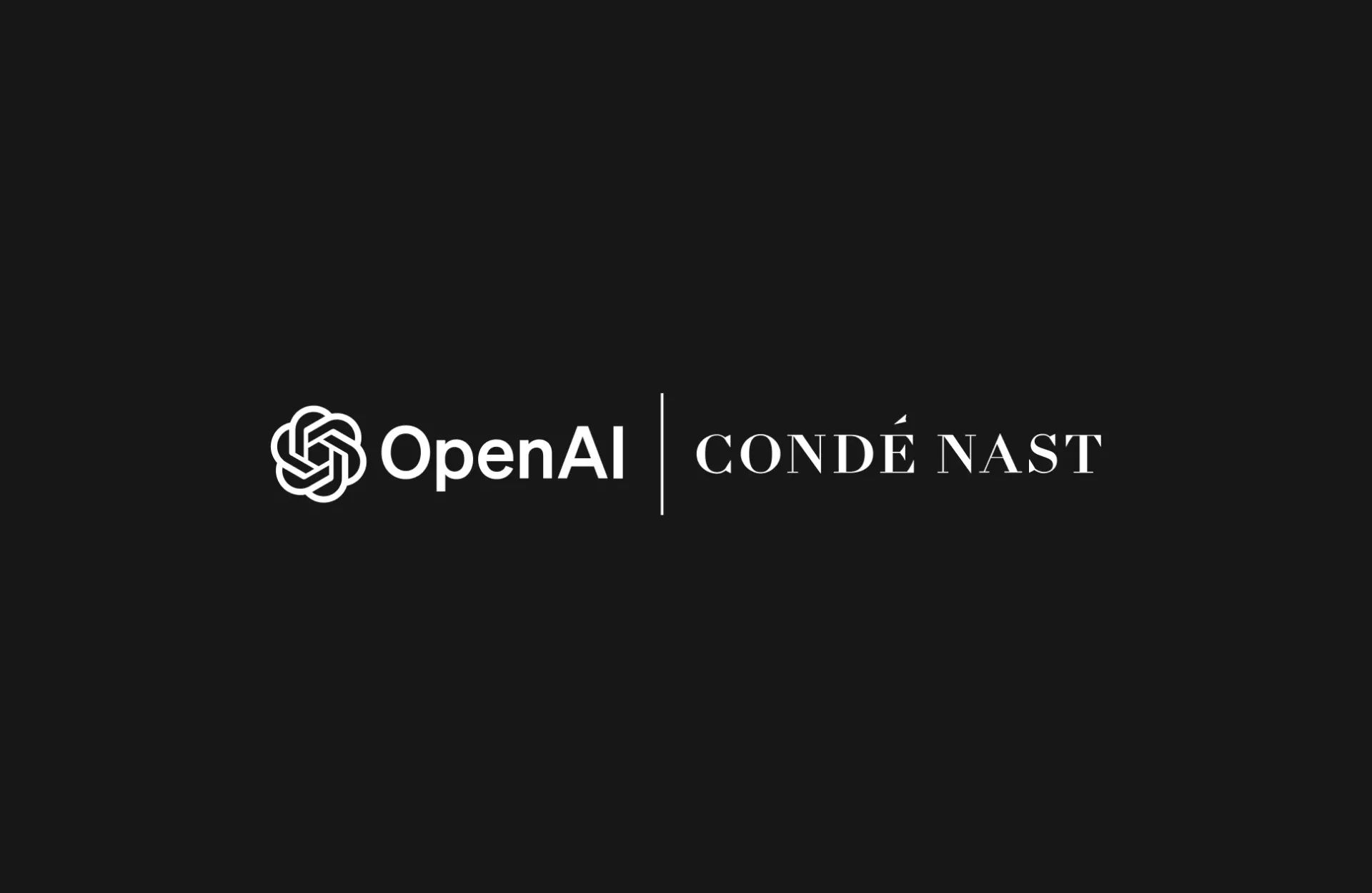The ability to customize AI models for specific tasks has become increasingly crucial. OpenAI fine-tuning offers a powerful solution, enabling users to adapt pre-trained language models to their unique requirements. It’s quite like having an intern on your side at your office!
By leveraging the vast knowledge and capabilities of these models, individuals and businesses can create highly specialized AI tools that deliver exceptional results.
What is OpenAI fine-tuning?
OpenAI fine-tuning is a technique used to adapt pre-trained language submodels of GPT-4 to specific tasks, domains, or industries. By leveraging the knowledge and capabilities of these large models, fine-tuning allows users to create custom models that are tailored to their needs and requirements.
With GPT-4o, OpenAI has taken this concept one step further by introducing a more efficient and effective approach to fine-tuning.
One of the key advantages of OpenAI fine-tuning with GPT-4o is its ability to learn from smaller datasets. This is particularly useful for industries or domains where large amounts of data are not readily available, such as in niche markets or for specific business use cases.

By utilizing GPT-4o’s advanced capabilities and efficiency, users can train models that are highly accurate and effective with minimal data.
Another benefit of OpenAI fine-tuning with GPT-4o is its ability to handle complex tasks with ease. Whether it’s natural language processing, text generation, or even image generation, GPT-4o has the capacity to learn and adapt to a wide range of tasks and applications.
This versatility makes it an attractive option for users looking to streamline their operations and improve their AI model performance.
How does OpenAI fine-tuning work?
Fine-tuning with GPT-4o is a relatively straightforward process that involves three main steps:
- Data preparation: The first step in fine-tuning is preparing your data. This includes collecting relevant datasets, cleaning and preprocessing the data, and creating labeled training examples for your specific task or application.
- Model selection: Once your data is prepared, you’ll need to select the appropriate GPT-4o model for your needs. OpenAI offers a range of models with varying capabilities and limitations, so it’s essential to choose one that matches your use case.
- Training and evaluation: With your data and model selected, you can begin the training process. This involves feeding your labeled examples into the model and allowing it to learn from the data. Once training is complete, you’ll evaluate the model’s performance on a validation set to ensure its accuracy and effectiveness.
How to get started with OpenAI fine-tuning?
To get started with fine-tuning GPT-4o, visit the fine-tuning dashboard and click “Create.”
Select the “gpt-4o-2024-08-06” base model from the dropdown menu. GPT-4o fine-tuning training costs $25 per million tokens, while inference costs $3.75 per million input tokens and $15 per million output tokens.
For a more compact version of GPT-4o, you can use GPT-4o mini.
Visit the fine-tuning dashboard and select “gpt-4o-mini-2024-07-18” from the base model dropdown. For GPT-4o mini, OpenAI is offering 2M training tokens per day for free through September 23.
To learn more about how to use fine-tuning, visit OpenAI’s docs.
Shook hands with yet another media company
Meanwhile, OpenAI has struck a deal with Condé Nast, one of the world’s leading media companies, to integrate GPT-4o into their search engine. This partnership will enable Condé Nast to offer more accurate and relevant search results across their portfolio of brands, including Vogue, Wired, and Vanity Fair.

The collaboration highlights the potential applications of fine-tuning in real-world scenarios and underscores the growing importance of AI models like GPT-4o in the tech industry.
As OpenAI continues to innovate and refine its technology, we can expect to see even more exciting developments in the world of fine-tuning and beyond.
Featured image credit: Emre Çıtak/Imagen 3





